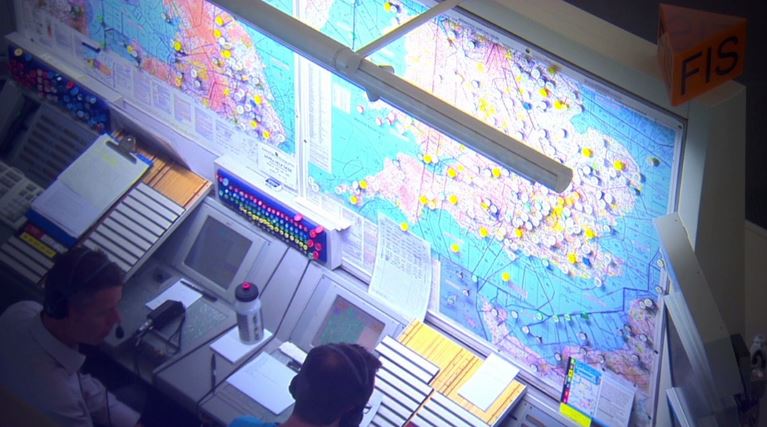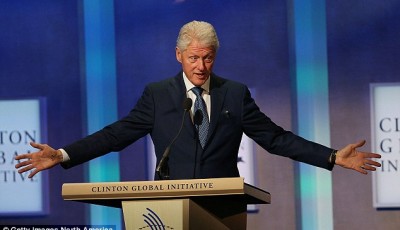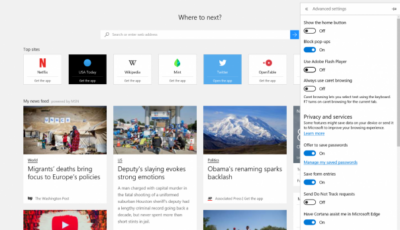Air controller study shows chronic fatigue
Chronic fatigue on the job is highlighted in a revealing 2012 report, where 2 out of 10 air traffic controllers admit to making mistakes due to lack of sleep-like bringing planes too close together-while more than half confess to dozing off on their way to work overnight shifts.
The Federal Aviation Administration has kept the study secret, according to the Associated Press, which obtained a 2011 draft of the final report.
The impetus for the study was a recommendation by the National Transportation Safety Board to the FAA and the National Air Traffic Controllers Association to revise controller schedules to provide rest periods that are long enough “to obtain sufficient restorative sleep”.
“As a result of all of these actions, the whole problem of controller fatigue has improved quite dramatically”, FAA Administrator Michael Huerta said in an interview.
Moreover, roughly a third of controllers characterized fatigue as a “high” or “extreme” safety risk.
NASA produced the actual study, which included a survey of 3,268 controllers and a field study of 200 controllers across 30 different control centers, who used logs and wrist devices to monitor sleep and alertness.
Overall, the AP found in the study that air traffic controllers whose activity was closely monitored by scientists averaged 5.8 hours of sleep per day over the course of a work week. Air controllers are habitually forced to work six-day workweeks, including midnight shifts.
The reported study was conducted at a time when the FAA was in the middle of a series of embarrassing reports about air traffic controllers either sleeping on the job or not being responsive to airplanes in 2011. This allows them to have a three-day weekend but also leads to them sometimes having only an eight-hour break between two shifts, causing them to be under-rested.
“Although fatigue is an issue in any 24/7 operation, the FAA has taken many positive steps to minimize fatigue”, the FAA said.
The report itself was prompted by several embarrassing incidents of controller fatigue, including one at Virginia’s Reagan National Airport where two planes had to land without assistance after the only controller on duty fell asleep.












